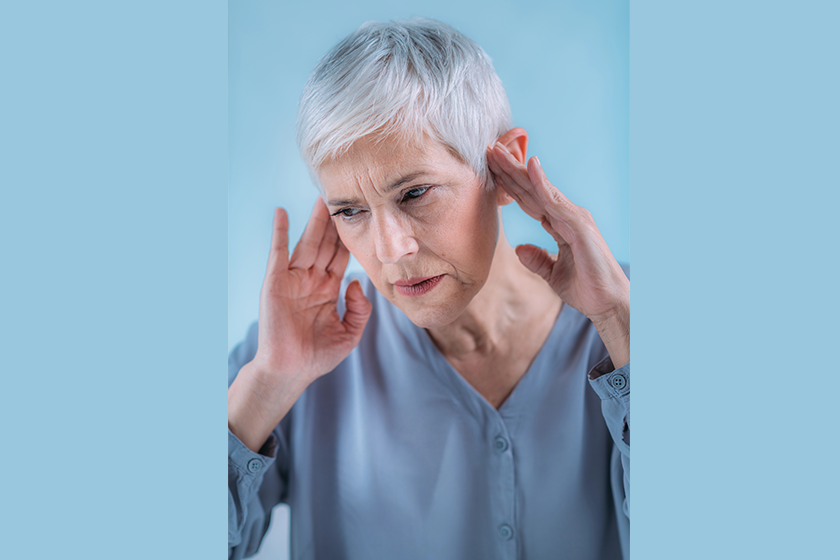Hearing loss and dementia are two conditions often linked by more than coincidence. Research has shown that hearing impairment can impact cognitive health in significant ways. Understanding this connection can help individuals and caregivers take proactive steps to support brain function and overall well-being.
The Link Between Hearing Loss and Dementia
Hearing loss doesn’t just affect the ability to communicate. It places strain on the brain as it struggles to interpret sounds, diverting energy from other cognitive functions. Over time, this increased mental effort can contribute to cognitive decline. Studies indicate that individuals with untreated hearing loss may face a higher risk of developing dementia compared to those with healthy hearing.
How Hearing Loss Impacts Cognitive Health
When hearing declines, the brain receives less stimulation. This reduced input can lead to atrophy in areas of the brain responsible for processing sound and language. Social isolation may follow, as individuals may avoid conversations or gatherings due to difficulty hearing. Isolation and reduced brain activity are known contributors to conditions like dementia, highlighting the importance of addressing hearing loss early.
Signs to Watch For
Both hearing loss and dementia have symptoms that can overlap, making it important to identify the root cause. Common signs of hearing loss include asking others to repeat themselves, struggling to follow conversations in noisy settings, or turning up the volume on devices. Dementia symptoms may include memory lapses, difficulty concentrating, or changes in problem-solving skills. If you notice these signs, a professional evaluation can clarify the situation and guide next steps.
The Role of Hearing Aids in Cognitive Health
Hearing aids are a simple yet effective way to mitigate the risks associated with hearing loss. By amplifying sounds, they reduce the strain on the brain and promote active engagement in conversations. Studies suggest that individuals who use hearing aids experience slower rates of cognitive decline compared to those who leave hearing issues untreated. Early intervention can improve both quality of life and long-term cognitive health.
Lifestyle Tips for Brain and Hearing Health
Protecting cognitive and hearing health requires a holistic approach. Regular hearing tests can catch issues early, while maintaining a healthy diet supports overall brain function. Exercise increases blood flow to the brain and ears, promoting optimal performance. Social activities and hobbies keep the mind sharp and engaged, reducing the risk of isolation. For those exposed to loud environments, ear protection is a simple way to safeguard hearing.
The Importance of Regular Checkups
Routine hearing evaluations should be part of a comprehensive health plan, especially for older adults. These checkups allow professionals to monitor changes and recommend appropriate solutions. Addressing hearing loss promptly can make a significant difference in preserving cognitive abilities and maintaining a fulfilling lifestyle.
Empowering Lives Through Personalized Memory Care
The connection between hearing loss and dementia underscores the need for early action. Schedule a hearing evaluation for yourself or your aging loved ones to catch issues early and explore solutions like hearing aids that can enhance quality of life and cognitive health.
At our Senior Living in Virginia Beach, VA, we are committed to supporting you with personalized memory care services and resources designed for optimal well-being. Contact us to learn more about our SHINE® Memory Care program or schedule a tour of our community. Your journey to better health starts here.






